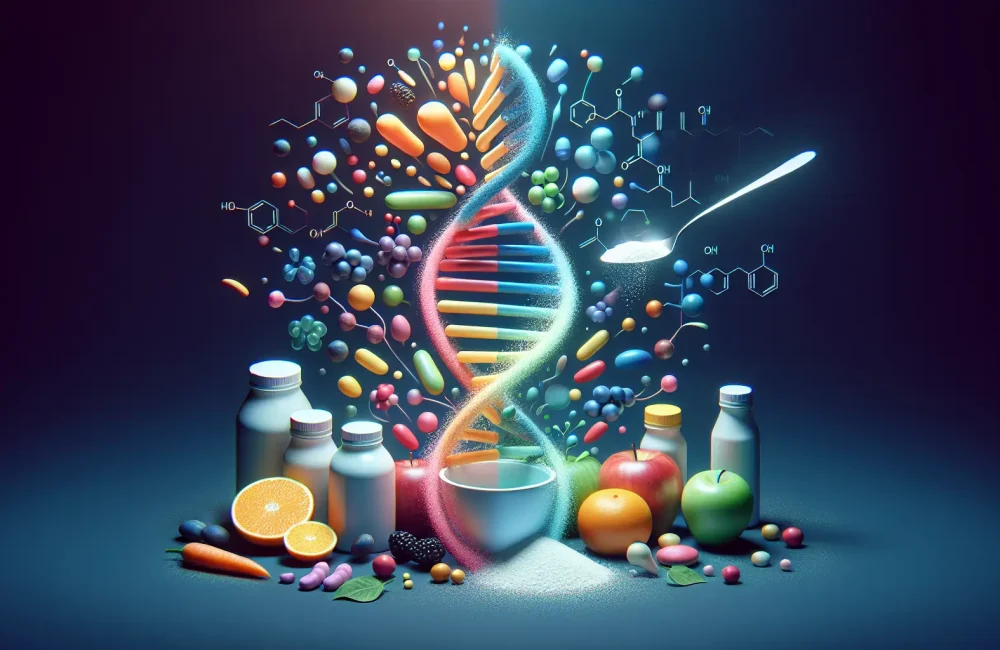By CAFMI From The American Journal of Clinical Nutrition
DHA and Brain Development: Key Insights
Docosahexaenoic acid (DHA) is a vital omega-3 fatty acid abundantly present in the brain and believed to be essential for normal brain development. Research spanning both animal models and human studies indicates that DHA plays a significant role in supporting cognitive functions such as learning, memory, and behavior. Animal studies consistently show that deficiencies in DHA lead to notable behavioral and cognitive impairments. Conversely, supplementing diets with DHA during critical developmental periods can mitigate or normalize these deficits, suggesting a direct influence of DHA on brain maturation and function.
Evidence from Human and Animal Studies
In humans, observational and clinical studies further support the importance of DHA for brain health, particularly in infancy and early childhood when the brain undergoes rapid development. Adequate DHA levels during pregnancy and early life have been correlated with better cognitive outcomes, including improved attention, problem-solving, and memory performance. While these studies offer promising insights, the evidence is mainly correlative, and determining definitive causal relationships requires more rigorous clinical trials. Animal models help fill these gaps by providing controlled environments to observe how DHA impacts neural function and behavior at the cellular and systems level.
Clinical Implications for Primary Care
For primary care physicians, especially those caring for pregnant women and young children, ensuring appropriate DHA intake represents a potential strategy to optimize neurodevelopmental outcomes. Sources of DHA include certain fish oils and fortified foods, and supplementation might be advisable during pregnancy and lactation. However, the exact dosage and timing for optimal efficacy remain uncertain, emphasizing a need for personalized guidance based on ongoing research. Overall, supporting adequate DHA status could be a valuable component of preventive healthcare aimed at fostering healthy brain development and function in patients from gestation through early childhood.
Read The Original Publication Here






